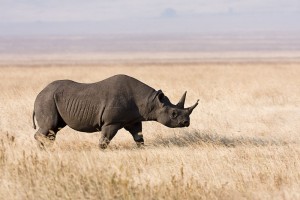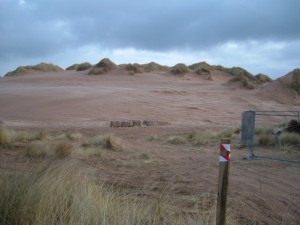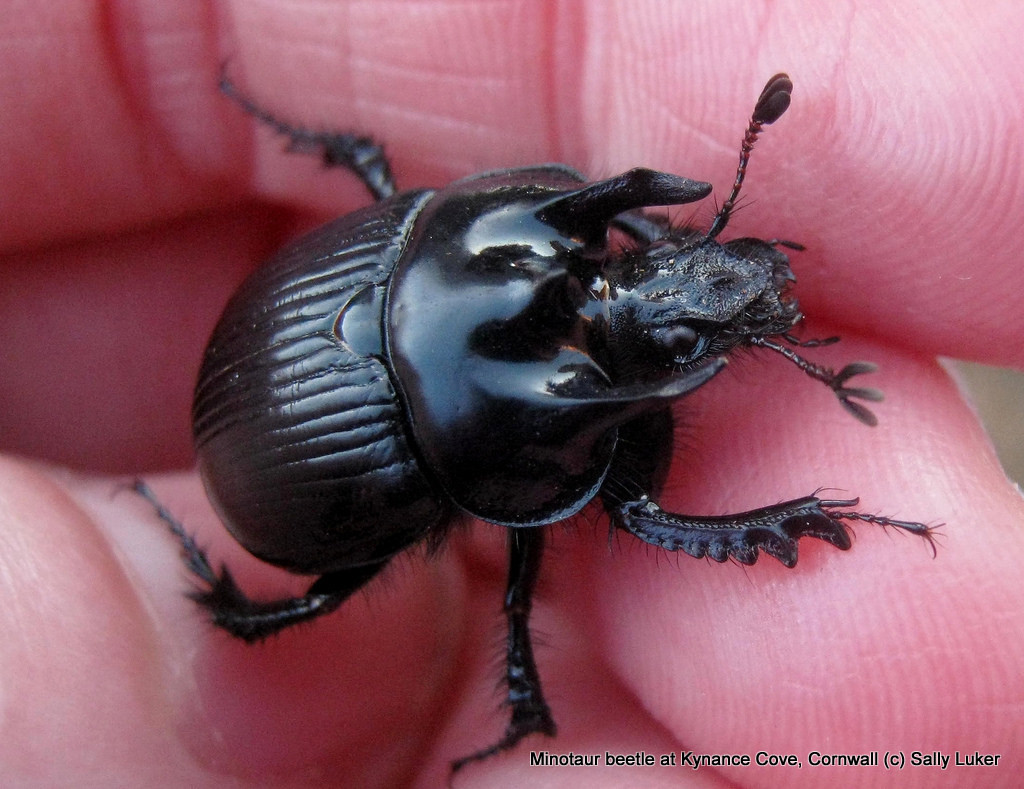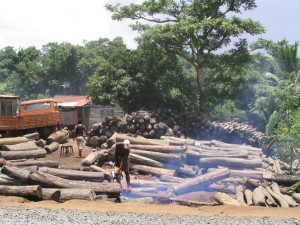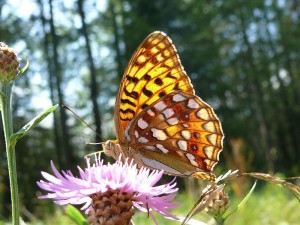Latest Jobs
-
Marine Ecology Team Leader/Research Assistant Archipelagos Institute of Marine Conservation

-
Microplastics Laboratory Assistant Archipelagos Institue of Marine Conservation

-
Admissions Officer Archipelagos Institute of Marine Conservation

-
Marine Mammal Team Leader/Research Assistant Archipelagos Institute of Marine Conservation

Natural Disasters Pose Threat to Rare Rhinos
The world's only population of critically endangered Javan rhinos could go extinct in the future due to natural disasters such as earthquakes and tsunamis. Scientists are urging the establishment of secure populations and increasing the existing population in Ujung Kulan National Park.
Read More »New Tool Helps Prioritise Conservation
A new tool has been developed by researchers in Canada that determines which conservation actions help the most species and ensures that limited funds are well spent.
Read More »Latest Volunteer Roles
-
Conservation Garden Volunteer Yorkshire Wildlife Trust

-
Breeding Bird Volunteer Surveyor Yorkshire Wildlife Trust

-
Northern Projects Voluntary Placement – Survey & Monitoring Yorkshire Wildlife Trust

-
Weekend family Activities Volunteer WWT - Wildfowl and Wetlands Trust

Donald Trump’s Impact on the Environment
This controversial golf course has been met with many objections, mainly due to the fact that it is being built on a Site of Special Scientific Interest (S.S.S.I.); an area which is protected by law.
Read More »T is for Typhaeus: Minotaur Beetle
This is a Minotaur beetle, and despite appearances it is a gentle, dung-munching giant.
Read More »Birds Pay the Price for Timber Demand
Illegal logging is having serious impacts - not just on the forests themselves - but on the animals. It's reasonable to assume that if the birds are being this powerfully impacted, it’s impacting other groups, such as mammals, reptiles, amphibians and arthropods.
Read More »2012: A Bad Year for Butterflies in the UK
Last year was the UK’s second wettest year on record and although the high rainfall has benefited some species, 2012 was the worst year for butterflies since scientific monitoring began in 1976.
Read More »Reach 1000's of candidates
AdvertiseSubscribe
Get the latest from us delivered straight to your inbox every week!

